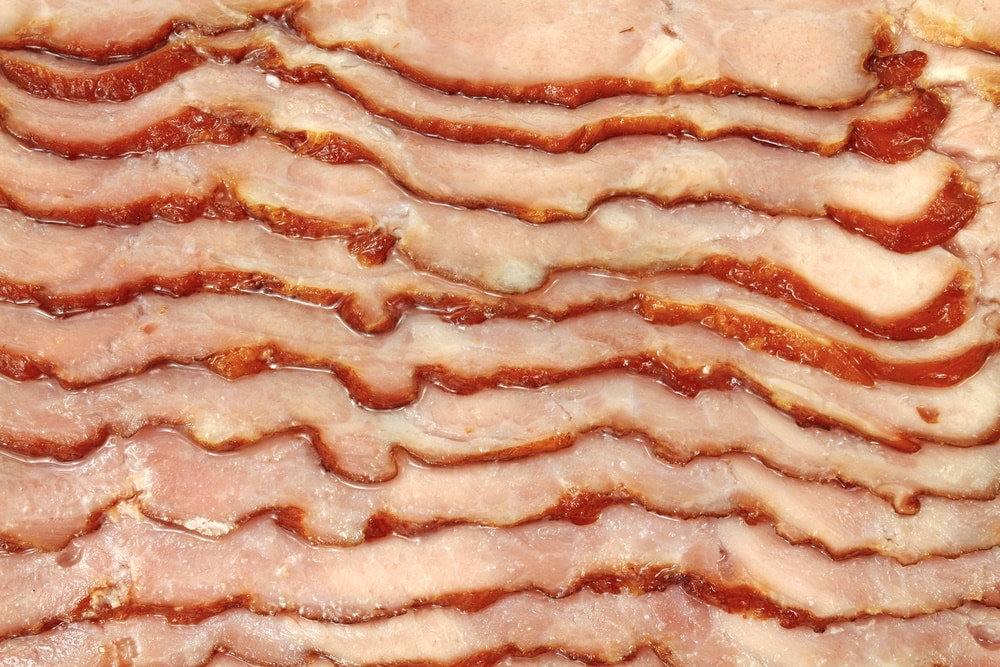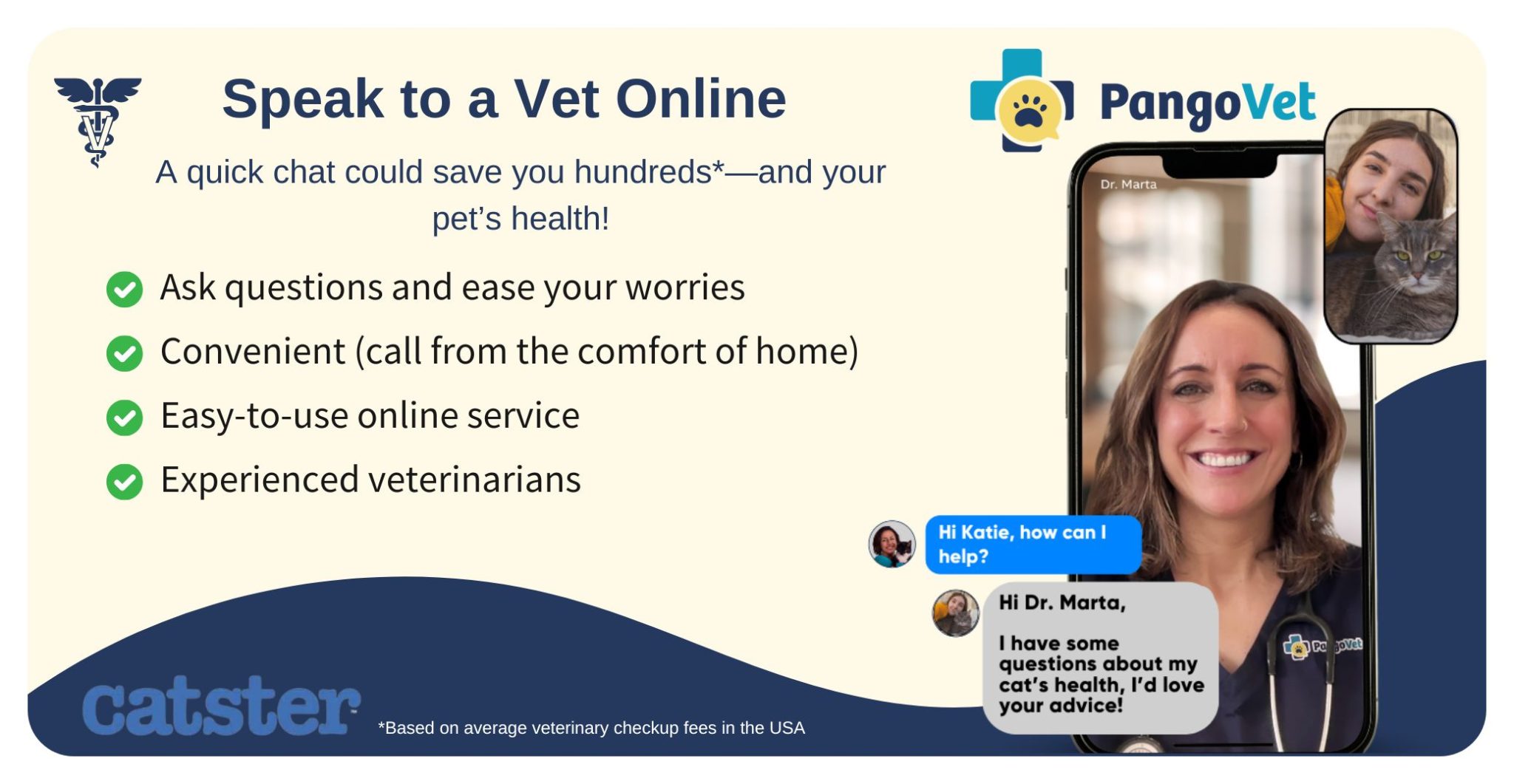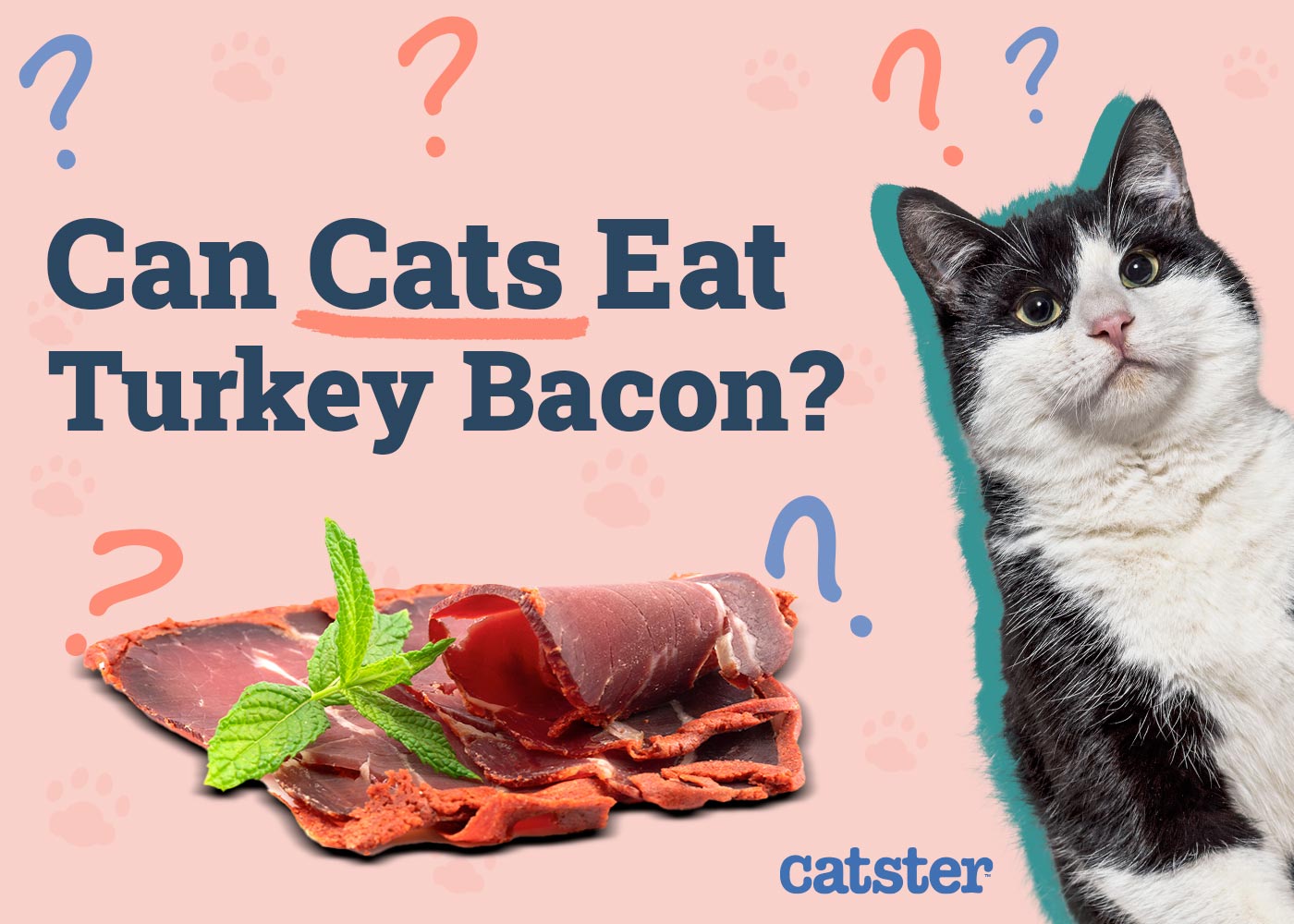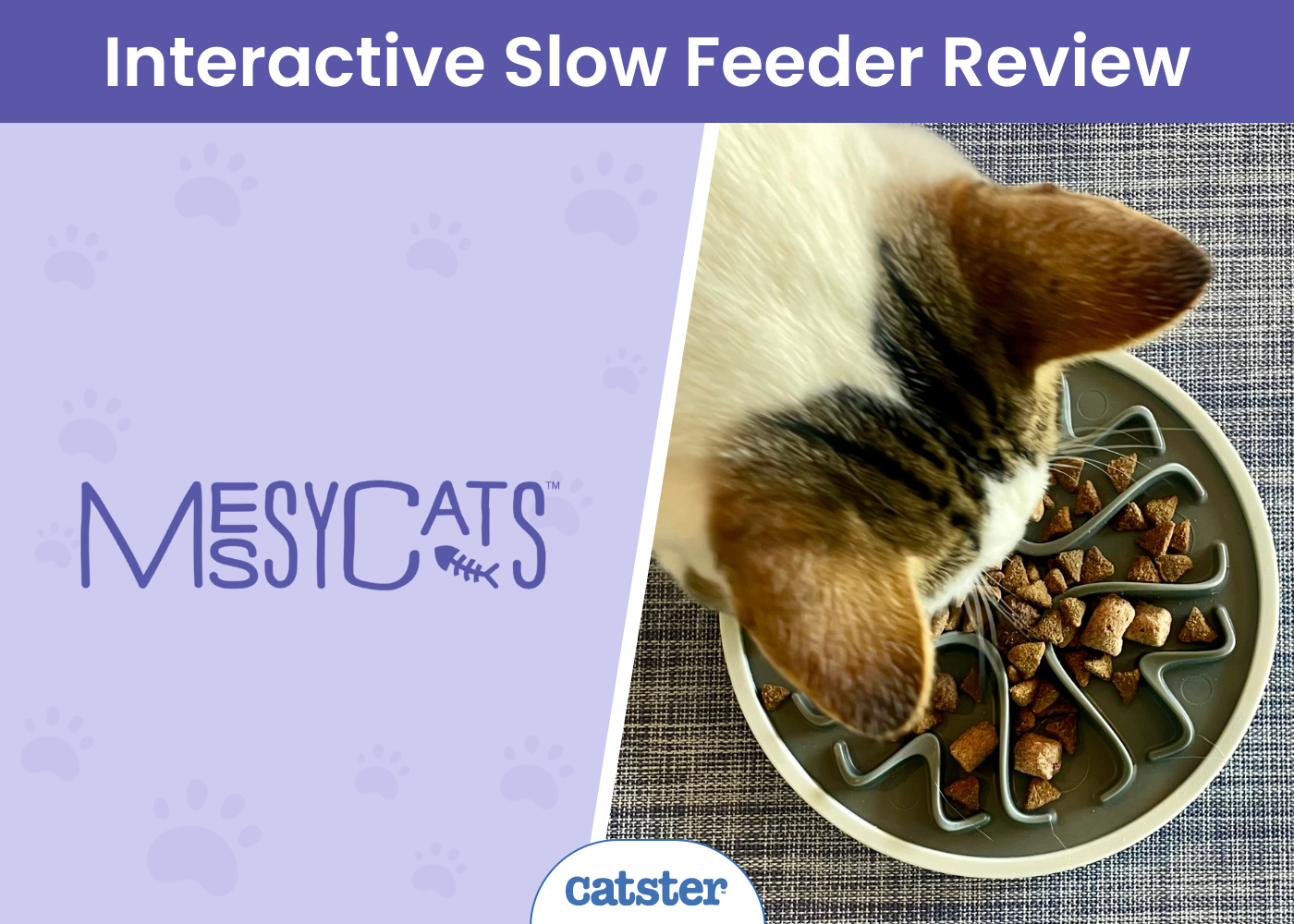Turkey and bacon are two legitimate meats in their own right, and each of these meats is popular with both humans and pets alike—even if our pets shouldn’t be eating them. Cats are known as obligate carnivores, meaning they must eat meat and cannot be vegetarian or vegan. Turkey is a healthy and lean poultry meat that has been used in feline diets and snacks for decades. Turkey is also cheaper than some other meats, contains good levels of protein, and is often gentler and easier for the gastrointestinal system to digest. Traditional bacon, on the other hand, is a much-loved food and treat, with no signs of its popularity decreasing. Really, who can resist the distinct smell while it’s cooking? So, when turkey bacon came along, it’s understandable to think that one has the best of both worlds. But is that true? And can your cat eat turkey bacon? Unfortunately, turkey bacon is one of those gray areas. While turkey bacon isn’t toxic to cats, it ultimately is best to avoid feeding it to your cat for several reasons.

What Is Turkey Bacon?
Turkey bacon is a widely available processed meat made up of light and dark turkey meats, which are then seasoned like bacon and pressed into bacon form. Turkey bacon is thought to be a healthier option than pork and pork bacon due to the lower calorie and fat content. Furthermore, not only is it a very processed food containing added sugar and preservatives, but this meat is also very high in sodium (salt).


Can Cats Eat Turkey Bacon?
Regular turkey meat is a great and healthy meat to offer your cat as a treat (as long as they are not allergic to it) or as the flavor of the main diet—turkey bacon, not so much. Turkey bacon might be desired by your kitty, and it’s true that it isn’t toxic or poisonous to cats. However, the problem with it is that turkey bacon is an unhealthy snack and meat to give to them. Turkey bacon is known for its salty taste; in fact 100g of turkey bacon contains 714 mg of sodium. Potentially, and especially if it is fed regularly or in abundance, feeding your cat this processed meat can lead to some dehydration due to all the salt. While it takes a lot of salt to cause health concerns in a healthy cat, cats with kidney disease may not be able to tolerate all the salt. Cats get enough salt in their cat food, so any extra is usually excreted as waste. Sodium nitrite is a preservative contained in turkey bacon, it is used in pet food in low concentrations determined by law and Association of American Feed Control Officials (AAFCO) guidelines. While the amount in turkey bacon is regulated to human standards, cats are small and the exact amount you are feeding your cat is hard to determine, but could be around 0.012% 1. Sodium nitrite has been linked to the death of three cats, so it’s best to exercise caution with human products containing nitrites 2. The calories, fat and sugar in turkey bacon could lead to unwanted weight gain over time. Overweight cats are more likely to suffer with joint disease, diabetes, urinary issues, heart disease, hypertension and even cancer. Due to the associated disadvantages with turkey bacon, it is best not to feed it to cats and to opt for one of the many other alternatives instead, even though trying to ignore your cat’s longing face and paw taps for a piece of the tasty meat might be hard to resist! If your cat has eaten or is eating turkey bacon and displays any of the following signs, stop feeding the meat and contact a veterinarian for advice.
- Diarrhea
- Vomiting
- Nausea
- Pain/discomfort
- Bloating
- Gas
- Gurgling guts/extra noisy tummy


Why Is Turkey a Good Meat for Cats?
Turkey, when compared to turkey bacon, is a great food to give to your cat. This healthy food is a white meat belonging to the poultry family and is often enjoyed by plenty of cats worldwide. It is a common core ingredient of many of the complete feline diets you’d buy at your local store. Turkey needs to be fed cooked (warm or cold), but it is low in fat, high in protein (and all the necessary amino acids), and packed with other nutrients, such as the vitamin B complex, magnesium, potassium, zinc, and selenium. All in all, this meat helps to maintain a healthy body and, in particular, the digestive system. For most cats, it is easy for them to digest turkey and absorb all its nutrients. Turkey is commonly the meat of choice for those cats with allergies to other meats, or for those kitties with tummy and bowel problems. Despite the goodness of plain turkey meat, be sure to check with your vet that this human food is suitable to feed to your particular cat, in case of underlying health issues. Also, be aware that any extra treats or food offerings outside of their normal diet should not make up more than 10% of their recommended daily calorie intake.

Conclusion
Turkey bacon at face value may be a firm favorite in your home, but it is one best avoided by your cat. The calorie and salt levels are simply too high and can cause more harm than good, especially when its enjoyment is short-lived. It is not toxic to them, but given that there are many other better options available to offer, it is preferable to exercise caution and opt for the healthier alternatives. See Also: Can Cats Eat Veggie Straws? Vet-Approved Facts & FAQ
Featured Image Credit: Elena Veselova, Shutterstock

